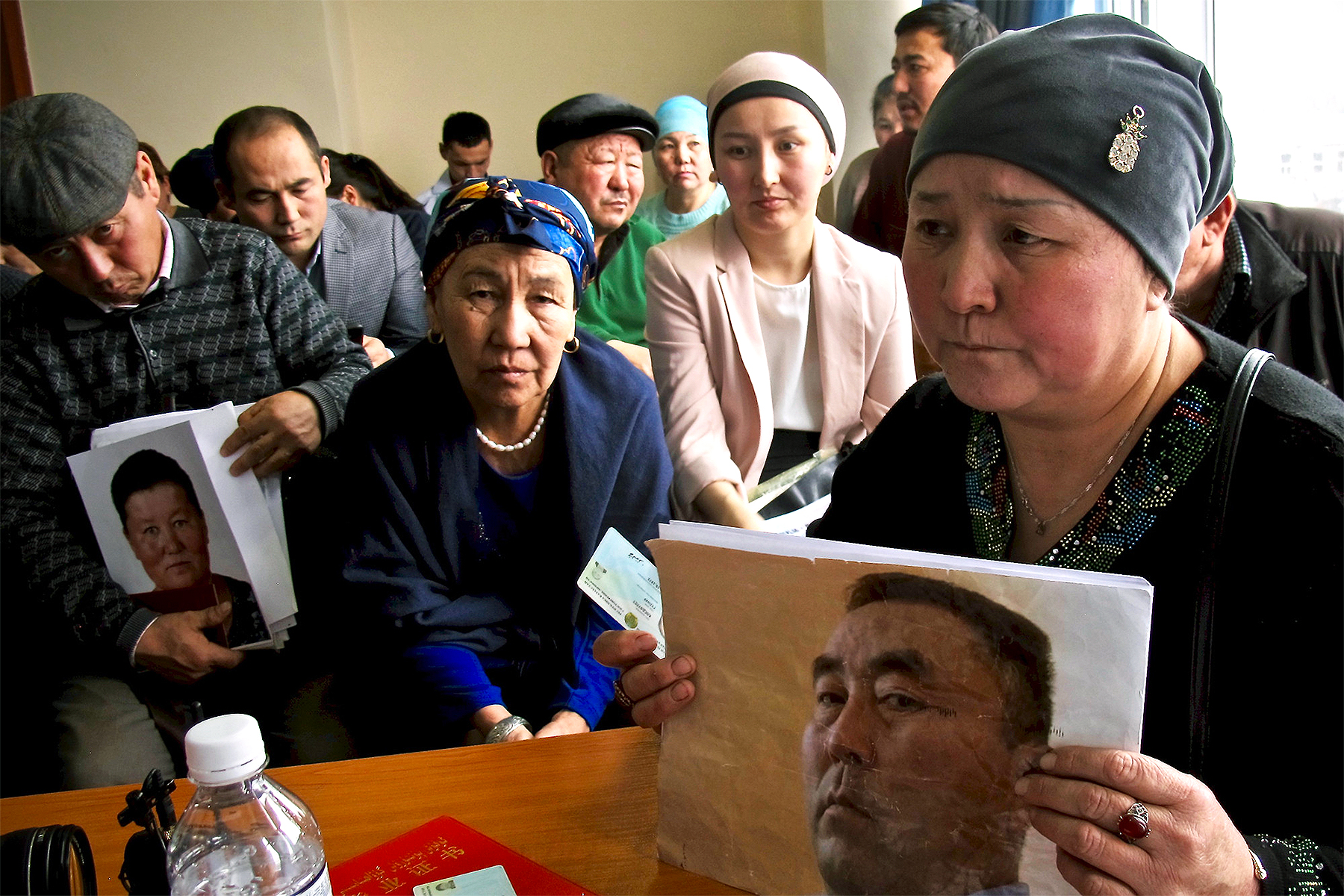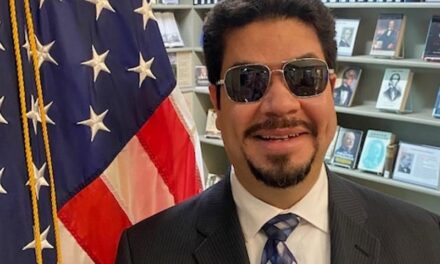
U.S. lawmakers and nonprofits call on the Trump administration to pressure China over Uighur detentions.
A bipartisan group of U.S. lawmakers and a coalition of religious rights groups pushed the U.S. government Monday to take action against Chinese officials responsible for religious persecution, particularly against China’s minority Uighur population.
In a letter to U.S. Secretary of State Mike Pompeo, lawmakers including Reps. Chris Smith, R-N.J., and Eliot Engel, D-N.Y., complained the Trump administration had taken “no meaningful action” against those responsible for detaining 1 million Uighurs in re-education camps in China’s western Xinjiang region. Most Uighurs are Sunni Muslims.
“This issue is bigger than just China,” the lawmakers wrote. “It is about demonstrating to strongmen globally that the world will hold them accountable for their actions.”
Last year, Pompeo said the State Department was considering sanctions for officials responsible for the crackdown, including Xinjiang Party secretary Chen Quanguo. The Global Magnitsky Act allows the United States to identify human rights abusers, ban them from entering the United States, and freeze their U.S. assets. Pompeo was also considering restricting the exportation of technology that helps with mass detentions and surveillance of Uighurs, according to Reuters.
Sam Brownback, the ambassador-at-large for international religious freedom, told reporters Monday that while the issue of sanctions is “being discussed thoroughly within the administration,” he had no new steps to announce. Brownback spoke at a press conference announcing the formation of the Coalition to Advance Religious Freedom in China (CARFC), which aims to pressure the U.S. government to end “business as usual” with China as the country continues persecuting religious groups.
“We demand that China abide by its own constitution—as well as its international legal obligations—and respect the rights of all its citizens,” said CARFC coordinator Greg Mitchell. The coalition includes groups like China Aid, Uyghur Human Rights Project, International Campaign for Tibet, and the Falun Gong Association of Washington, D.C. The group also sent a letter to Pompeo and U.S. Treasury Secretary Steven Mnuchin with a list of Chinese officials who they believe should be sanctioned for persecuting religious groups.
Thus far the United States has done little to penalize China for its treatment of Uighurs. The Trump administration has instead focused on negotiations to end a trade war with China: The two sides are reportedly close to a deal, and the United States recently agreed not to raise the tariff on $200 billion worth of Chinese goods to 25 percent. Chinese Ambassador Cui Tiankai told Reuters that China would retaliate “in proportion” if the United States sanctioned Chen for his involvement in the re-education camps.
Radio Free Asia’s Uyghur Service was the first to break the news about the thousands of Uighurs in re-education camps in Xinjiang. Though China has blocked reporters’ access to the area, a group of Radio Free Asia journalists has placed hundreds of calls each day to Xinjiang. Only a few of those calls actually go through since many Uighurs are missing and others are too afraid to speak with journalists, according to The Atlantic. These 12 RFA reporters all grew up in Xinjiang themselves and pay a high price for their work: Officials ban them from returning to their homeland and detain their family members in Xinjiang because of their reporting.
Political retaliation:
Canada announced last Friday that it would proceed with the extradition case of Huawei CFO Meng Wanzhou, wanted in the United States on fraud charges. Two days later, Chinese state media group Xinhua reported that Chinese officials have accused Canadian citizen Michael Kovrig of spying and stealing state secrets with help from fellow Canadian Michael Spavor. The two were arrested in China in December without formal charges or access to a lawyer.













